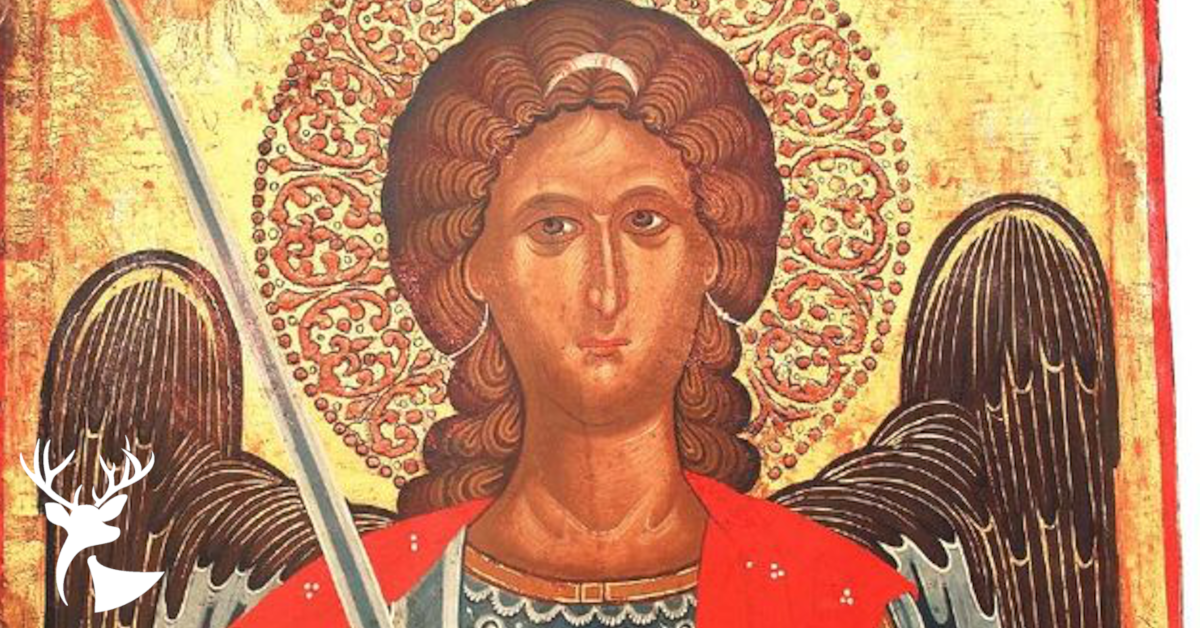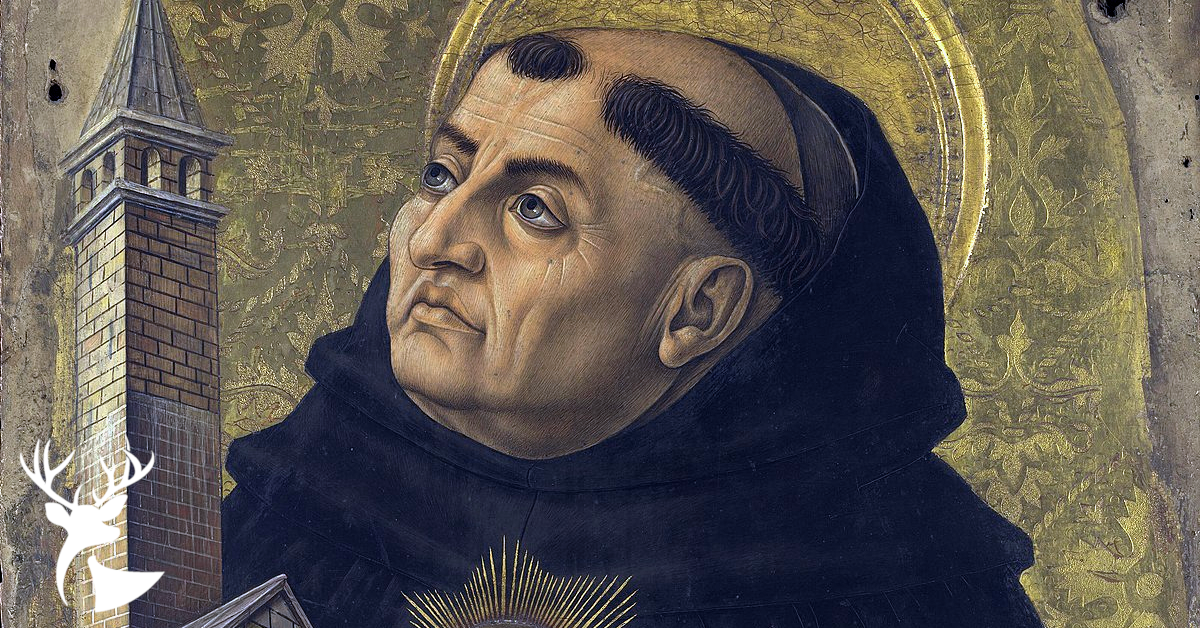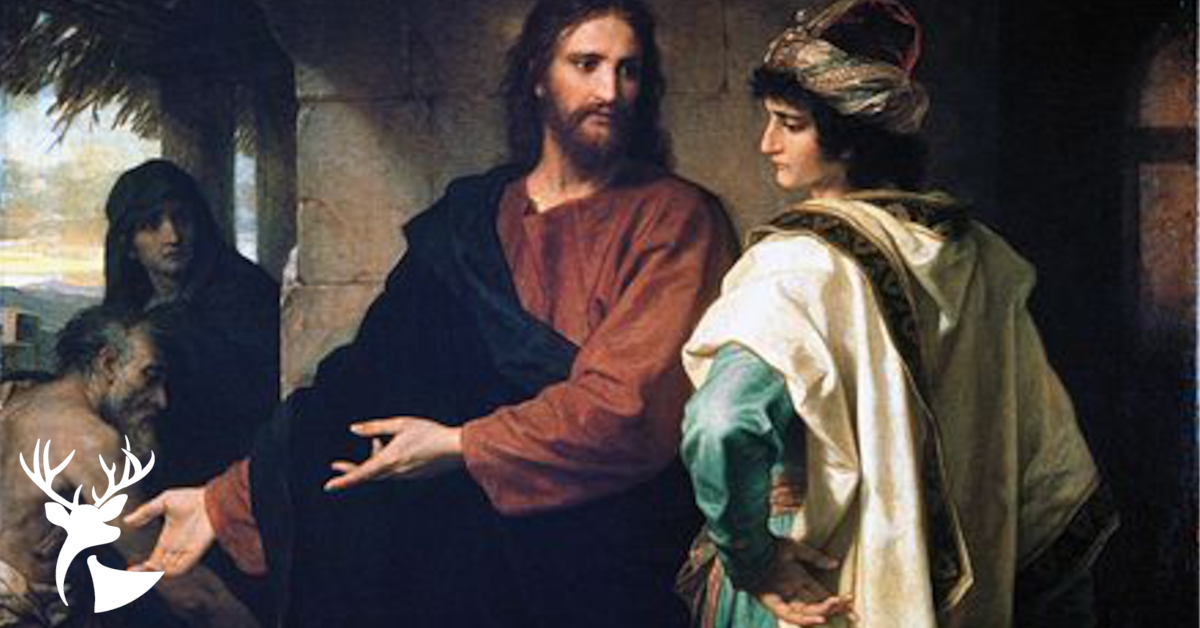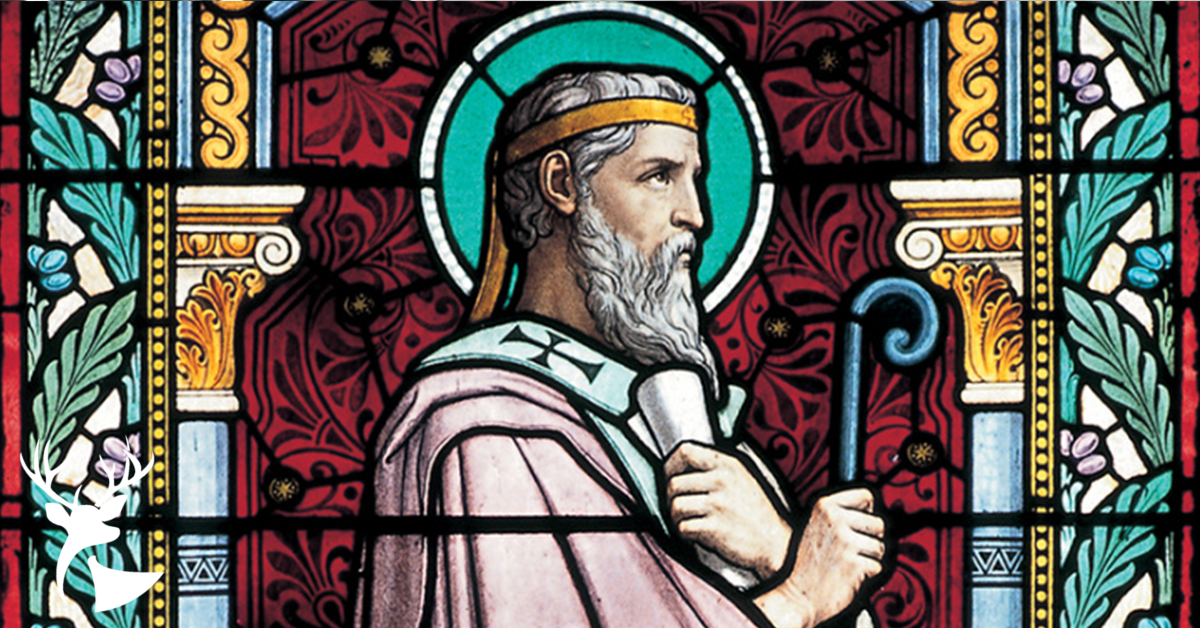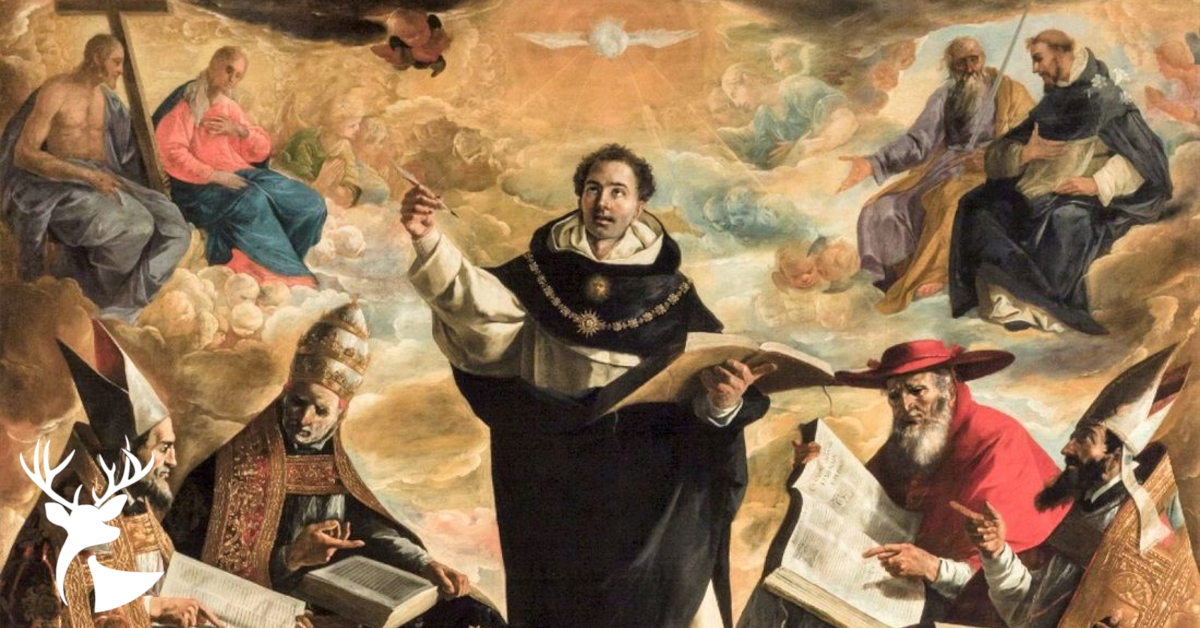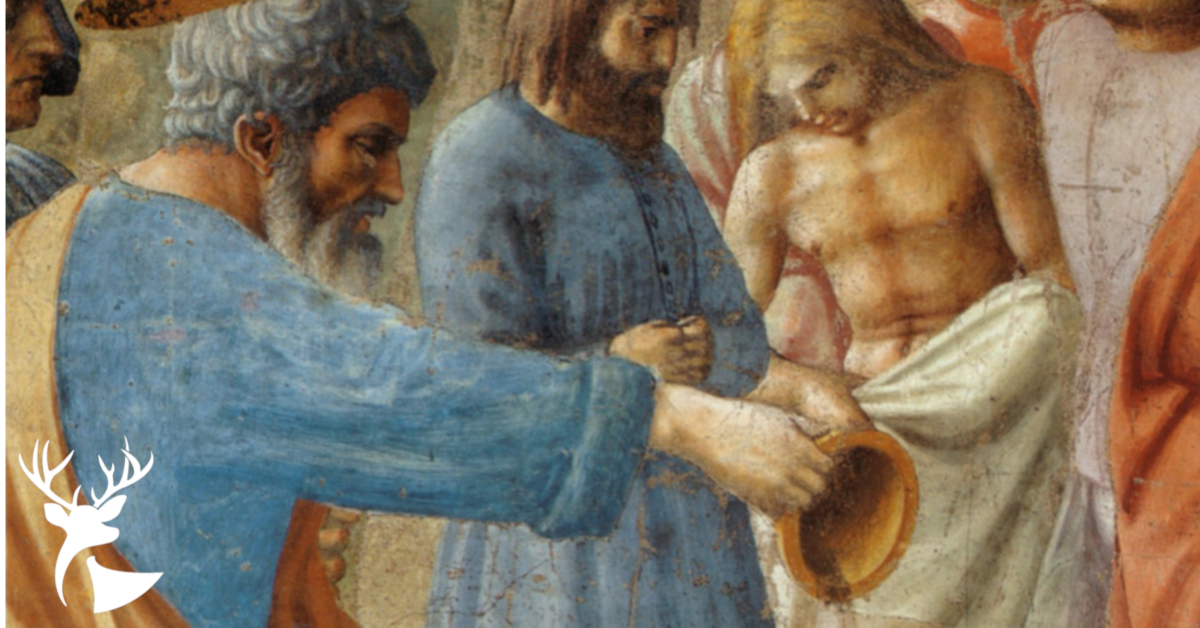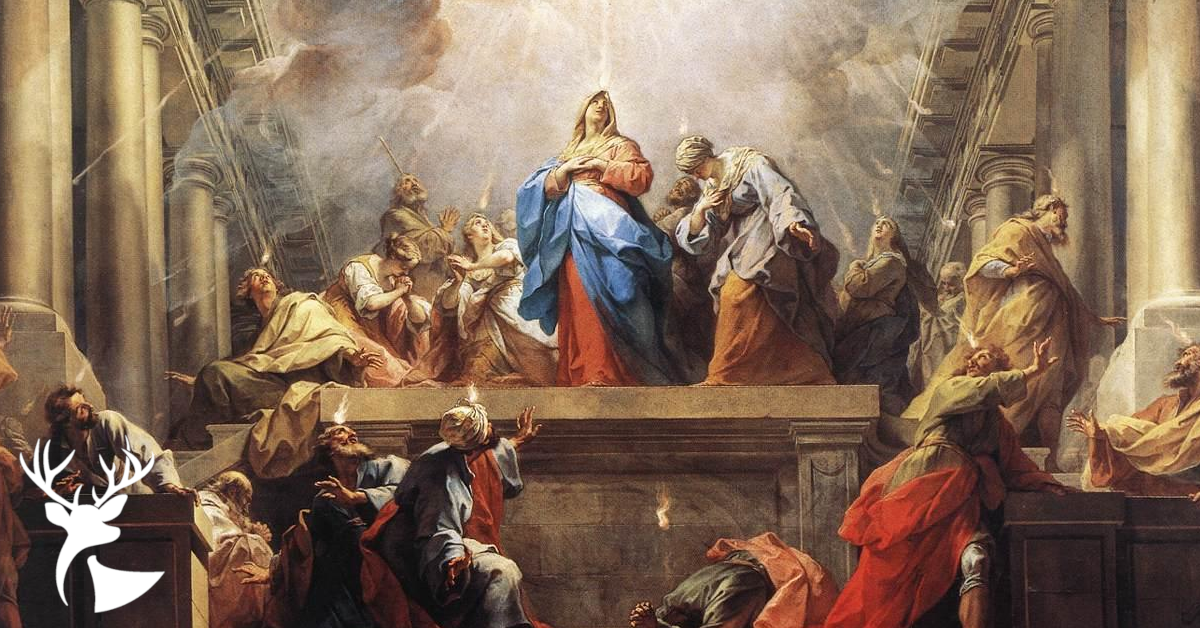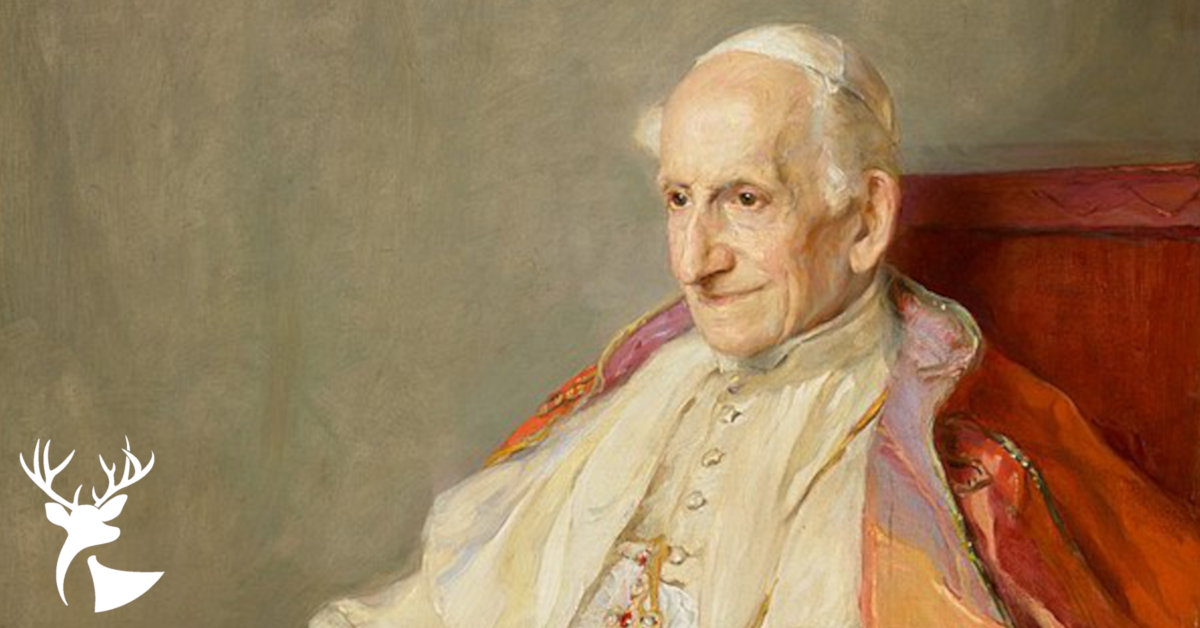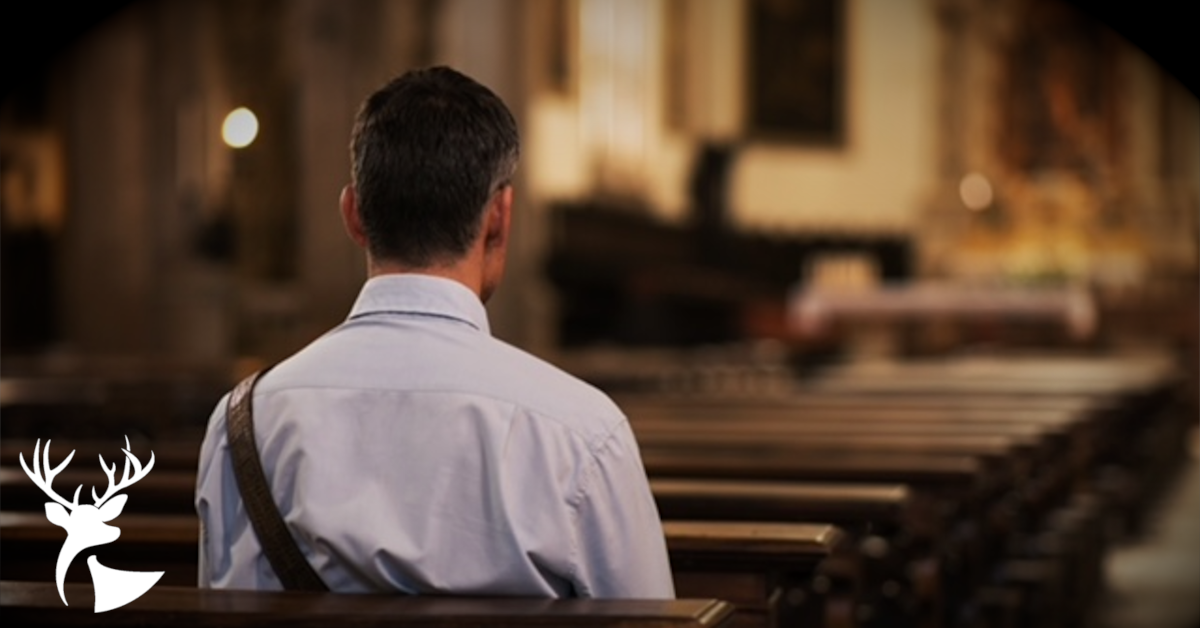
Dr. Aaron Henderson is a Faculty Tutor for the Alcuin Institute for Catholic Culture.
Dr. Aaron Henderson is a Faculty Tutor for the Alcuin Institute for Catholic Culture.
← Return to EssaysStay Connected!
“And now wisdom is ever overcoming malice in the minds into which it enters, and, expelling the relish for evil introduced by that, substitutes relish for virtue. For when wisdom gains admission to the soul, it reveals to her the foolishness of following the senses, it purifies the intellect, and heals and renews the palate of the heart. With her spiritual taste thus restored, she begins again to have a relish for good, and a relish for wisdom, than which there is no greater good. ”
—St. Bernard of Clairvaux
In Cantica Canticorum, Sermon 85
St. Bernard of Clairvaux (1090-1153 A.D.) has been hailed by many as “the last of the Fathers” and was perhaps the greatest saint and teacher of his age. Among those who accord St. Bernard this title stands Pope Pius XII. And he adds a further title, “Doctor Mellifluus,” the Mellifluous Doctor, explaining in a 1953 encyclical of the same name the holiness and wisdom of St. Bernard. The first title expresses the character of the man’s teaching: it is, at its core, patristic. The second manifests the character of the man himself: St. Bernard was so conformed to the mind of Christ that from his mouth came wisdom as flowing honey (in Latin, mel means honey, and the verb fluere means to flow).
Among St. Bernard’s wise teachings is his account of the nature, source, and purpose of wisdom itself. We catch a glimpse of his teaching in the quote above, which comes from his commentary on the Song of Songs. Many have commented on this biblical text. It is more than simply erotic poetry. It teaches us about the relationship between the soul and God and between the Church and Christ. God loves us and lavishes His gifts upon us, as a groom bestows gifts upon his beloved bride. In the quote above, St. Bernard is reflecting on the gift of wisdom in the human soul. Before we break down the quote, though, it will be helpful to point out some aspects of St. Bernard’s teaching on wisdom. First, wisdom for St. Bernard is bound up with intellect and will. To be sure, it is an intellectual perfection, and its subject is the human intellect. But wisdom also impacts the things we love and the way we live; without the warmth of love, the intellect becomes cold and lifeless, susceptible to arrogance and pride. Second, wisdom is something divine, a gift from above. Rather than relying on our own powers, we ought to seek supernatural wisdom from God. More than this, wisdom for St. Bernard has a Christological dimension (in other words, it is focused on Christ). Third, wisdom requires the virtue of humility. True wisdom does not encourage one to boast, but to submit humbly to God.
Notice what the quote says about wisdom. It enters the mind, yes, to purify and perfect, to educate and enlighten. But it also “heals and renews the palate of the heart.” Why does he use the language of “palate” here? For St. Bernard, wisdom involves a certain “tasting.” He connects the Latin word for wisdom, sapientia, and the Latin word for taste, sapor. Think of the words of Psalm 34: “O taste and see that the Lord is good!” Wisdom, then, especially divine wisdom, means tasting the goodness of God, relishing in what is good. Tasting of the Lord’s goodness ensures that our intellectual endeavors do not become dry and insipid or tasteless. The wise person is the one who has trained his or her palate to delight in good things and to shun evil things.
We can speak of a certain natural wisdom, a natural intellectual perfection that helps us to order things well. But the Mellifluous Doctor is primarily concerned with supernatural wisdom. And this wisdom is given to us by God. It cannot be found among created things, nor can human beings seize it without divine aid. Think about Job 28: “But where shall wisdom be found? And where is the place of understanding? The deep says, ‘It is not in me,’ and the sea says, ‘It is not with me.’…. God understands the way to it, and he knows its place.” The Good News is, of course, that eternal Wisdom has taken on flesh, has become human, has tabernacled among us (John 1:14). Jesus Christ is, as St. Paul teaches in 1 Corinthians 1:24, “the power of God and the wisdom of God.” We grow in wisdom when we conform ourselves to Jesus, when we learn from Him. He is our one true Teacher and Master (see Matthew 23:8-9). As the Word, eternally begotten of the Father, He is in a unique position to reveal the Father to us: “No one has ever seen God; the only Son, who is in the bosom of the Father, he has made him known” (John 1:18).
What is the effect of wisdom when it “gains admission to the soul”? St. Bernard says that wisdom overcomes malice and expels the relish for evil, replacing it with a relish for virtue. In other words, wisdom makes evil, which until now has been pleasant and appetizing to us, seem to us bitter and unappetizing. Informed by divine wisdom, we seek after and enjoy the good of virtue. Purifying the intellect and renewing the spiritual palate involves revealing to the soul the “foolishness of following the senses.” The created things around us are not themselves bad, nor are our senses bad that give us sensible contact with real things. But Bernard’s message here is the same as the Pauline message: “For those who live according to the flesh set their minds on the things of the flesh, but those who live according to the Spirit set their minds on the things of the Spirit” (Romans 8:5). Having wisdom means attending to what is highest, to what is ultimate, and ordering our lives accordingly.
This process of overcoming malice and regaining a relish for the good necessarily involves humility. This virtue itself involves a recognition that all we have, whether natural or supernatural, comes from God, as we saw above in the case of wisdom. St. Paul’s words in 1 Corinthians 4:7 come to mind here: “What have you that you did not receive? If then you received it, why do you boast as if it were not a gift?” The virtue of humility cooperates with wisdom to provide man with an accurate understanding of his place in the created order. This understanding then guides his moral action.
The ultimate example of humility is our Lord, who takes on the form of a servant in order to die for our sake (see Philippians 2). But St. Bernard also sees in our Lord’s Mother the meeting of wisdom and humility. In his Sermons on the Blessed Virgin Mary, St. Bernard commends to the reader the unparalleled humility of Mary. In her fiat and subsequent Magnificat, our Lady humbles herself before the angel and before God, praising God for all He has done for her. On the one hand, Mary is judged worthy of a reverence exceeding every other creature, whether human person or angelic. On the other hand, Mary herself is aware that all she has is a gift from God, that her plenitude of grace is wholly gratuitous. This we ought also to imitate, if we are to root out pride and find favor with God.
As we focus this year on God’s revelation, which is His free act of self-disclosure, let us ask God for the virtue of wisdom, a virtue so beautifully explained by the Mellifluous Doctor. And, through the intercession of St. Bernard and of our Lady, Seat of Wisdom, may we obtain a relish for wisdom, “than which there is no greater good.”
More Reading

Dr. Aaron Henderson is a Faculty Tutor for the Alcuin Institute for Catholic Culture.


